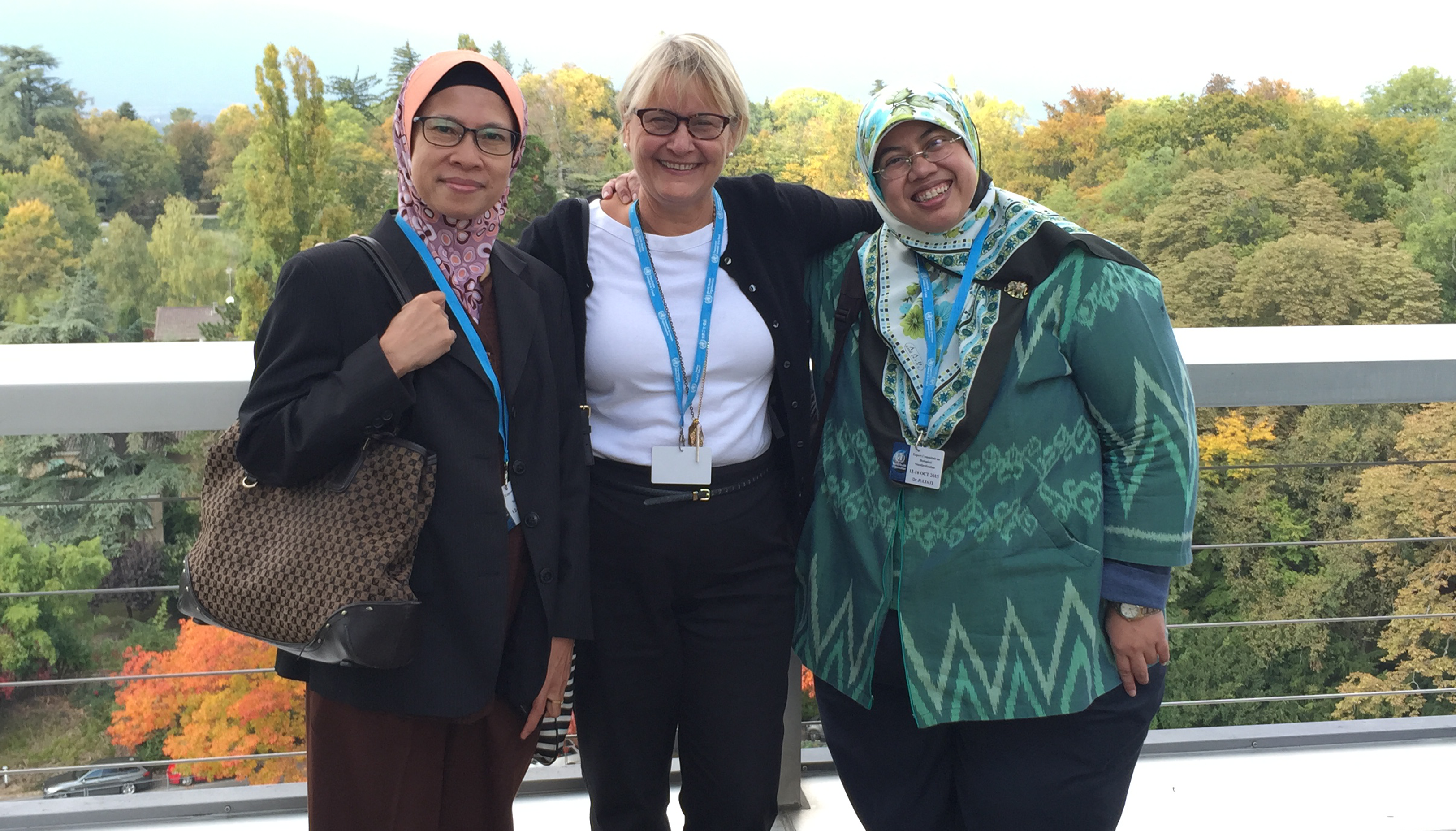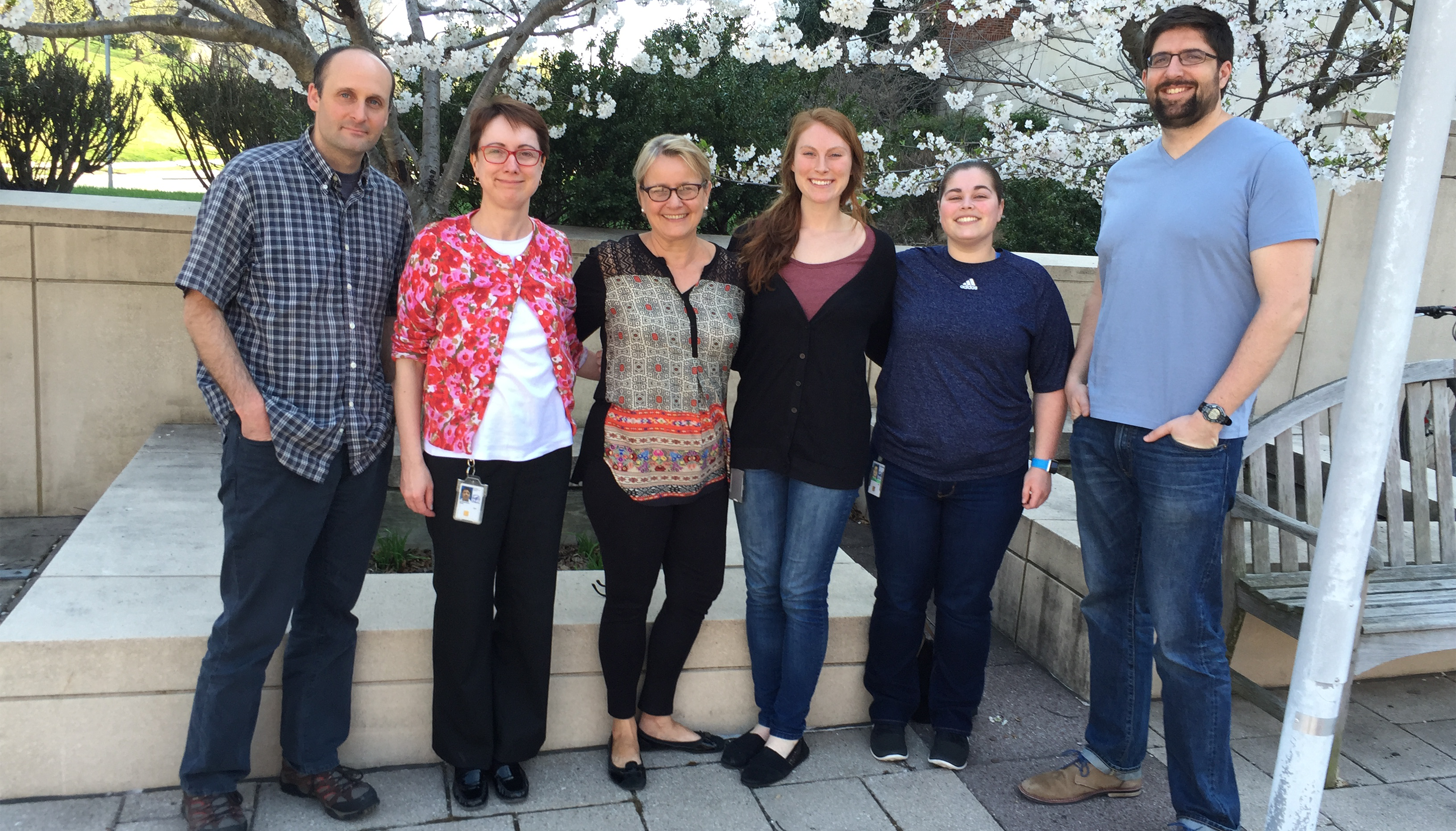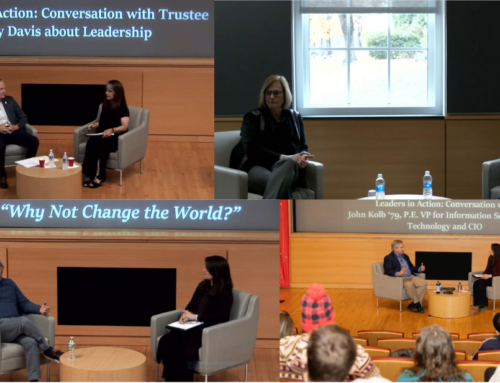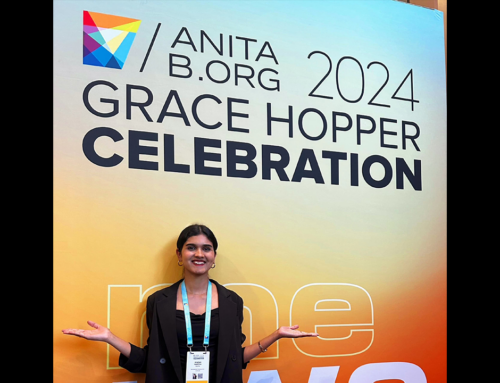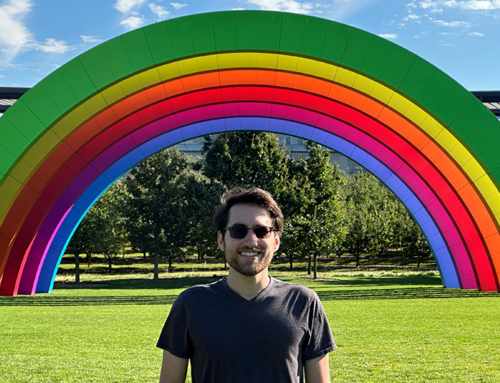By Kathryn Egloff Zoon ’70
As COVID-19 affects people around the globe, the need to control the pandemic with public health measures, vaccines, and therapeutics is of paramount importance. It has been an honor for me to contribute on multiple levels to academic science in immunology and public health, including advances in new medicines, throughout my career.
Underpinning my career was my education at Rensselaer Polytechnic Institute (RPI) in organic chemistry. In the late 1960s, being a woman at RPI was a rarity, and I was the only female in my chemistry classes. Under the mentorship of Dr. Stanley Bunce, I successfully completed my bachelor’s in chemistry with honors and received the William Pitt Mason Award in Chemistry.
Subsequently, I received my Ph.D. in biochemistry from Johns Hopkins University and was awarded a fellowship with Nobel Laurate Christian B. Anfinsen at the National Institutes of Health (NIH). We worked on the purification and characterization of interferon, a key player of the immune system’s first line of defense against viral infections. We were the first to sequence a human interferon alpha protein, which opened the door to genetic engineering of this interferon and many other important biological protein medicines. I was fortunate to continue my research on interferon throughout my career.
After my fellowship, I joined the Center for Biologics Evaluation and Research (CBER) at the Food and Drug Administration, which is responsible for studying and regulating biotechnology products — including protein, cell, and gene therapies — as well as vaccines and blood supply safety. Over the next 23 years, I advanced to become the first woman director of CBER. In 2002, I was elected to the National Academy of Medicine based on my contributions to public health and biotechnology.
In 2003, I returned to NIH and served in the National Institute of Allergy and Infectious Diseases as both the scientific director and director of the Intramural Research Program for 10 years — the first woman to hold both positions. I was responsible for leading staff in basic virology, immunology, product development and clinical research, recruiting and training new scientists, and providing future directions for our programs.
Following my retirement from the federal government, I was appointed NIH scientist emeritus. I advise junior female scientists on how to achieve tenure and advise women faculty on how to successfully obtain leadership positions at NIH. I also joined the board of directors of the International Biomedical Research Alliance (IBRA). IBRA is committed to supporting graduate students of the NIH Oxford Cambridge Program, which trains the next generation of biomedical leaders. In partnership with the Lasker Foundation, we developed the Lasker Lessons in Leadership Program to provide students with the opportunity to network with successful leaders in research, medicine, and industry.
In 2017, I was elected to the board of directors of Emergent BioSolutions, Inc., whose mission is to protect and save lives from public health threats. Here my expertise in vaccines, therapeutics, and biodefense is of great value.
These guiding principles have directed my career: study a problem in depth and become an expert on it; do not be afraid to take risks; always respect and support your team; and public service to improve the health of people is a privilege.
It is a tremendous honor to be a 2020 inductee to the Rensselaer Alumni Hall of Fame. I hope to be an inspiration to others who want to make new medicines available that help mankind.
Images Above:
- Image 1 – Kathryn Zoon (middle) and her colleagues at the World Health Organization in Geneva.
- Image 2 – Kathryn Zoon (middle) and her lab colleagues at the National Institute of Allergy and Infectious Diseases.

